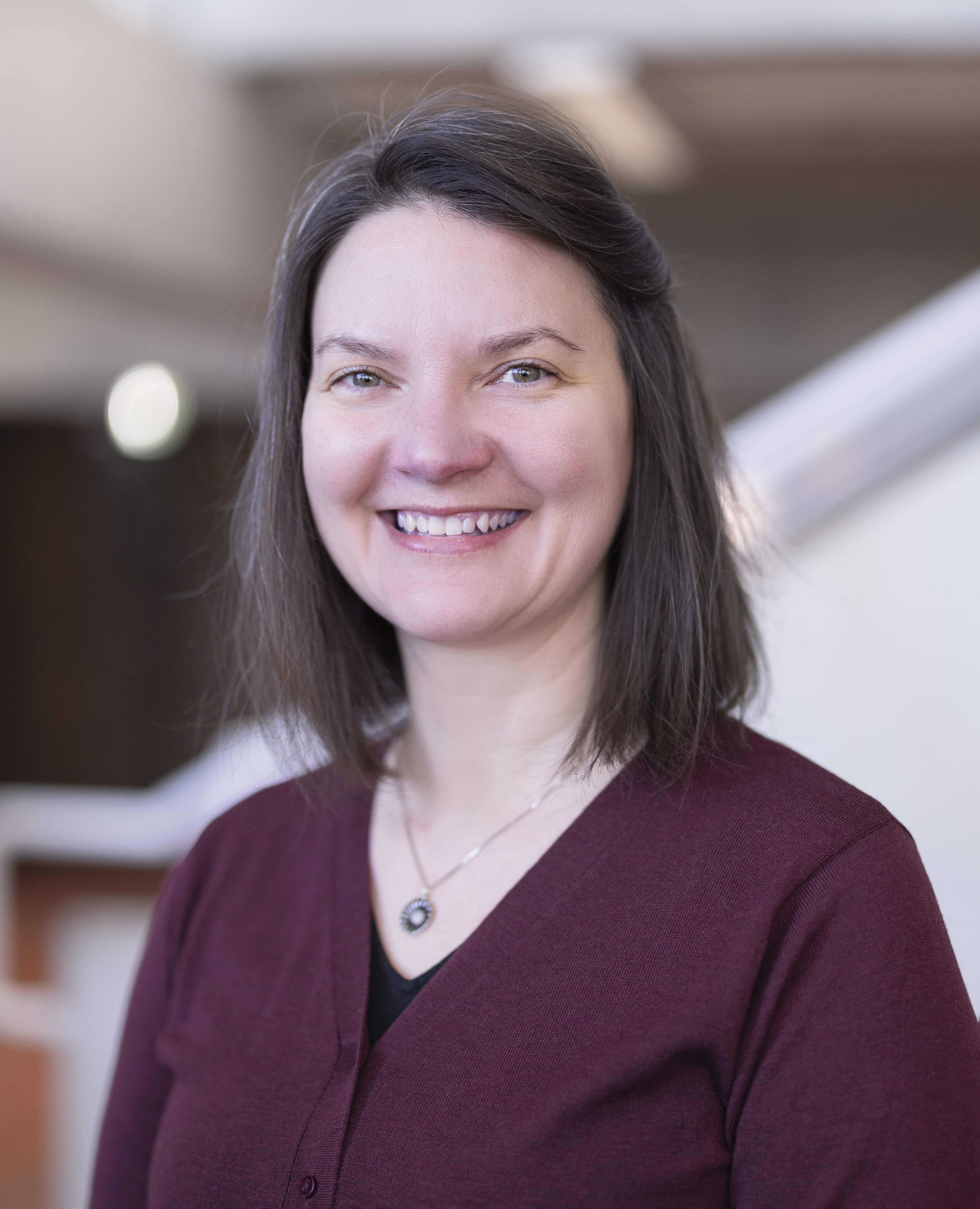Researchers at University of Stavanger have asked the industry to define their education needs in the years to come.

The goal is to provide a richer educational experience for the students and continued knowledge exchange between academia and industry.
The project is titled Defining Future Subsurface Education Needs in Collaboration with the Energy Industry (SUBSET). Now, one year has gone, and it's time to sum up the milestones so far.
Changing sector
The SUBSET project's activities will target a better understanding of the knowledge gaps within subsurface competencies required for the energy transition, how to bridge these gaps, and how to increase the interaction between industry and academia.
"Why is this project important?"
"It is important to establish future energy industry knowledge and training needs," Lisa Watson says. She is leading the project.
She adds that the petroleum industry has been in major restructuring over several years. The energy sector is changing rapidly with increased focus on energy mix scenarios, renewable energy, and decarbonization of the environment. As the number of energy students are dropping, Lisa Watson and her colleagues at Department of Energy Resources saw the need to involve the industry when creating new study programmes and changing the old ones.
"The main goals are to create courses to meet the knowledge and training needs, but also to establish long-term education collaboration," Watson says.
Identify the trends
The project seeks to create an arena for discussion and exchange of expertise between the university and the energy industry. Both the industry and the students are asking for relevant course content.
"After this first year we have identified future trends in needed skills. We are now developing two new courses," Lisa Watson says, adding that the two courses being developed focus on carbon capture, use, and storage and basic programming for non-software engineers.
"Not only do these courses meet identified skills but are also of interest to the workplace to learn more about. We see this as a win-win situation."
So, what does the industry need? They're demanding strong domain knowledge in subsurface geology and reservoir engineering, as well as knowledge in programming, numerical modeling, and understanding uncertainty in data.
"Based on our meetings with the industry we need to include more programming and numerical modeling and incorporate more uncertainty evaluation in data in our study programmes," Watson says.
The industry partners in the project are Aker BP, A/S Norske Shell, Equinor, Vår Energi and WintershallDea.
Text: Kjersti Riiber